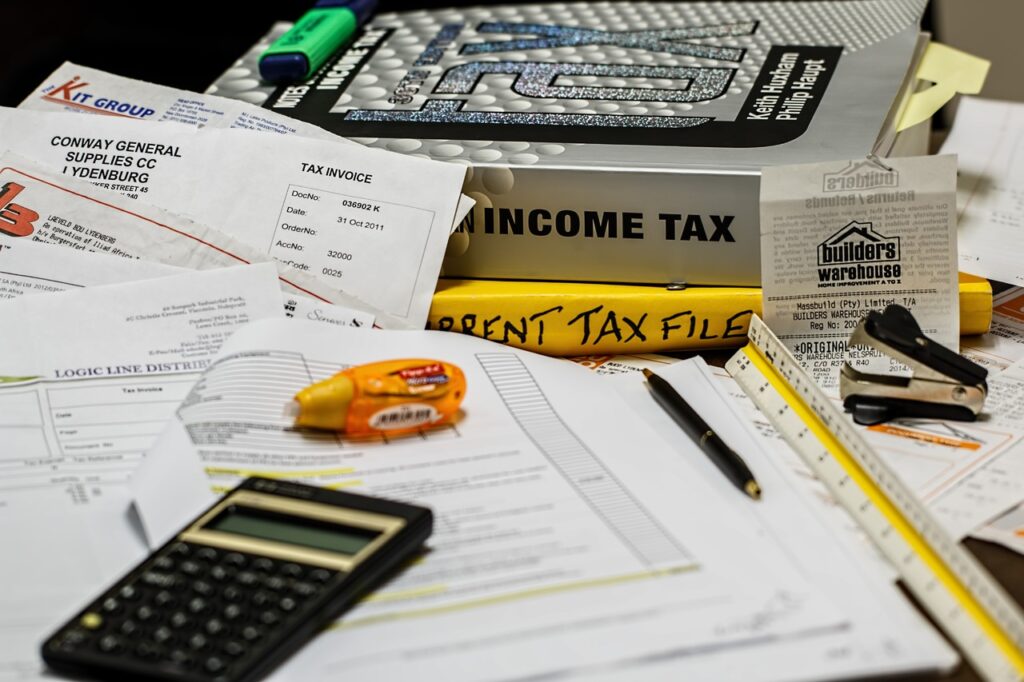
The Expat Financial Guide to Vietnam: Essential Money Management Tips 2026
Moving to Vietnam is an exciting adventure, offering expats a chance to experience the country’s dynamic culture, affordable lifestyle, and thriving communities. However, managing your finances effectively is essential for making the most of your stay. This guide covers the basics that expats need to know about handling money in Vietnam, from navigating local banks and transferring funds internationally to understanding the tax system and setting yourself up for financial success.
Understanding Money Management in Vietnam
Vietnam is a predominantly cash-based society, although digital payment methods are becoming more common in urban areas. The official currency, the Vietnamese Dong (VND), is widely used, with denominations ranging from 1,000 VND to 500,000 VND. While larger establishments in cities may accept credit cards, smaller businesses, street vendors, and rural shops typically prefer cash.
Carrying cash is essential for daily life, but it’s advisable to keep smaller denominations on hand, as vendors and taxis may not always have change for larger bills. ATMs are plentiful in cities, providing easy access to cash withdrawals, but fees can vary depending on your bank. As digital payments grow in popularity, apps like MoMo and ZaloPay are becoming increasingly accepted for groceries, utilities, and online shopping. However, their reach is still limited compared to traditional cash transactions.
Discover Related Guides: Vietnam’s Online Marketplace: Complete Guide to Digital Trading 2026

Opening and Using a Local Bank Account
For expats staying in Vietnam long-term, opening a local bank account can simplify financial management. Vietnam has several reliable banks that cater to expatriates, including Vietcombank, Techcombank, and BIDV. International banks such as HSBC and Standard Chartered also operate in the country, providing familiar options for those seeking global banking services.
The process of opening a bank account typically involves visiting a branch with essential documents, including your passport, visa or residency permit, and proof of address. Some banks may require a work permit or an employment contract, so it’s important to inquire about specific requirements beforehand. Most banks offer a range of accounts, including savings accounts for earning interest, current accounts for daily transactions, and fixed deposits for higher returns. Many banks also provide online banking platforms, making it easier to manage your funds and pay bills.

Sending and Receiving Money Internationally
One of the most common financial concerns for expats is transferring money between Vietnam and their home countries. Traditional bank transfers are available but can be expensive, with fees often reaching up to $50 per transaction. Additionally, these transfers may take several days to process, which can be inconvenient for urgent payments.
Online money transfer services, such as Wise (formerly TransferWise) and PayPal, are popular alternatives due to their lower fees and faster processing times. These platforms also offer competitive exchange rates, ensuring that you get more value for your money. Western Union and MoneyGram are other options for quick transfers, although their fees may be higher for larger amounts. While cryptocurrency transfers are emerging as an option for some, Vietnam’s regulations on digital currencies remain unclear, so expats should proceed with caution.

When transferring funds, it’s essential to compare exchange rates and fees across different providers. Planning ahead and using scheduled transfers can also help you save on costs, especially if you make regular payments between countries.
Navigating Vietnam’s Tax System
Taxes are often one of the more complex aspects of expat life in Vietnam. Understanding your obligations can save you from unexpected penalties and ensure that you remain compliant with local laws.
In Vietnam, personal income tax (PIT) applies to both residents and non-residents, with different rules for each. Residents are taxed on their worldwide income, while non-residents are only taxed on income sourced in Vietnam. Residency status is determined by the number of days you stay in the country; individuals who spend 183 days or more in a calendar year are considered residents.
The tax system for residents is progressive, with rates ranging from 5% to 35%, depending on income levels. Non-residents, on the other hand, are subject to a flat tax rate of 20%. Most salaried employees have their taxes deducted directly by their employers, but freelancers, contractors, and business owners must handle their own filings. Tax returns are filed annually, with a typical deadline of March 31 for the previous year’s income.

In addition to income tax, Vietnam imposes a value-added tax (VAT) of 10% on most goods and services. For expats running businesses in Vietnam, ensuring compliance with VAT regulations is crucial. Social and health insurance contributions may also apply to expats with employment contracts, as these are often mandatory under Vietnamese labour laws. Seeking the assistance of a tax consultant familiar with both local and international regulations can help simplify the process and ensure accuracy.
Explore More: Navigating Apartment Fees in Vietnam: What to Expect Beyond Rent
Practical Tips for Financial Success in Vietnam
Achieving financial stability in Vietnam requires a combination of careful planning, smart budgeting, and informed decision-making. While Vietnam’s cost of living is relatively low compared to many Western countries, expenses can vary significantly based on location, lifestyle, and personal preferences.
Rent is often the biggest expense for expats, with monthly costs ranging from $300 for a modest apartment in smaller cities to $1,000 or more in upscale neighbourhoods in Hanoi or Ho Chi Minh City. Food, transportation, and utilities are generally affordable, but dining at high-end restaurants or frequenting imported goods stores can quickly add up. Setting a realistic budget and tracking your expenses using apps like Money Lover or Spendee can help you stay on top of your finances.

It’s also wise to build an emergency fund equivalent to three to six months of living expenses. This can provide a safety net for unexpected situations, such as medical emergencies, visa issues, or sudden travel needs.
Managing finances as an expat in Vietnam involves navigating local banking systems, international transfers, and tax obligations. While the process may seem daunting at first, understanding the fundamentals and leveraging available resources can make it much more manageable. By opening a local bank account, exploring cost-effective transfer options, staying compliant with tax laws, and adopting smart financial habits, expats can enjoy the benefits of living in Vietnam without unnecessary stress. With careful planning and attention to detail, you’ll be well-equipped to make the most of your financial journey in this predominantly cheap and cheerful country!







